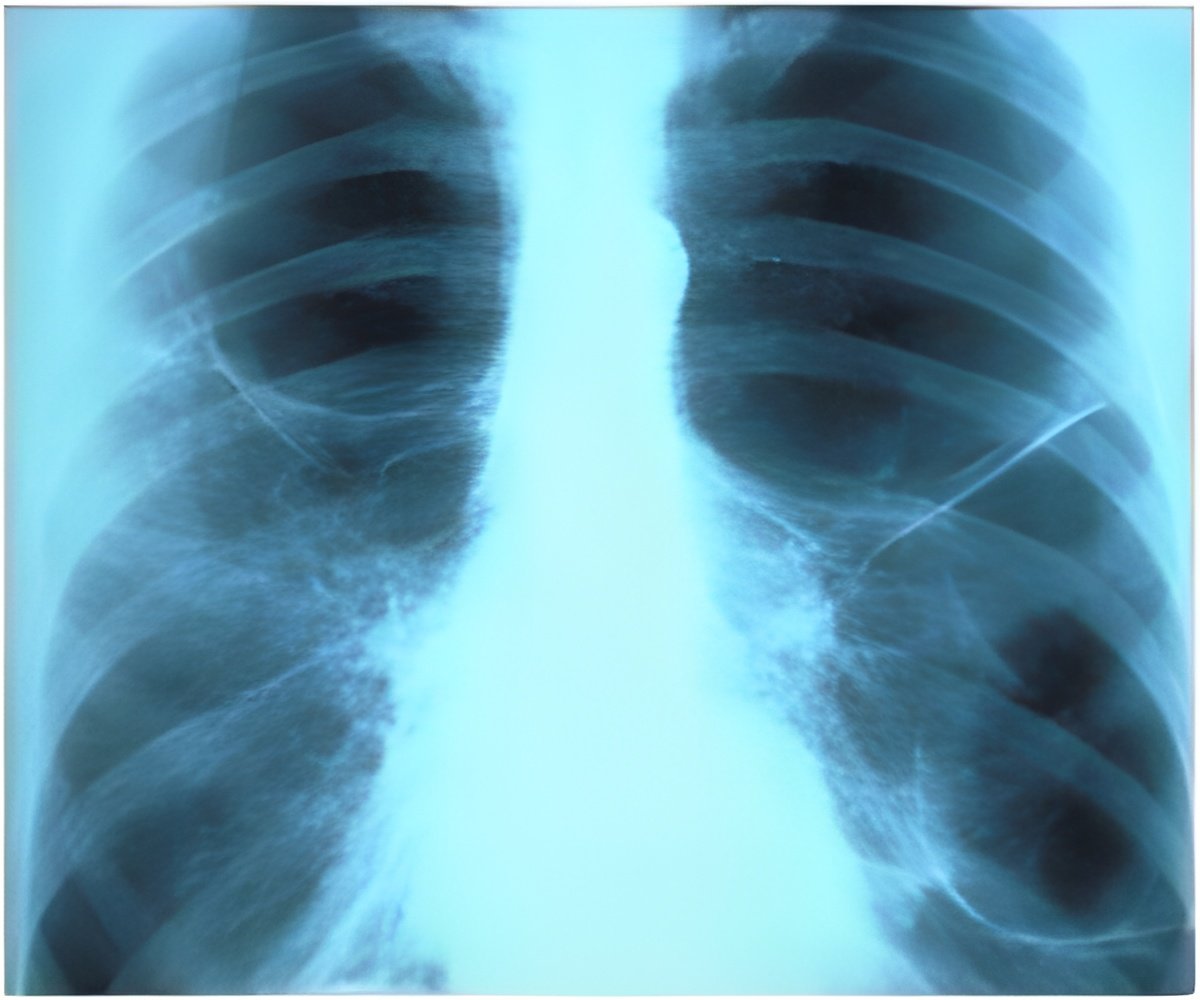New research indicates that patients with pneumonia may spend fewer days in the hospital if they are given steroids.

"Given that the average hospital stay for community-acquired pneumonia can range from nine to 23 days, the prospect of speeding recovery, even by a day or two, is helpful," says co-author M. Rizwan Sohail, M.D., a Mayo infectious disease specialist.
Pneumonia is a major health risk, especially in the elderly, the very young and those with chronic lung diseases. Five percent to 15 percent of pneumonia patients die from it, depending on its severity and the treatment administered, recent studies report.
Mayo researchers reviewed eight clinical trials conducted from 2000 to 2011. Most of the research studied patients between 60 and 80. While steroid use didn't prevent deaths, for those who survived the pneumonia, it reduced their hospital stays an average of 1.21 days.
The researchers say that while the findings are significant, the data were not strong enough for them to recommend routine use of steroids for pneumonia patients; more study is needed. They add that continuing any steroids patients may already be taking is reasonable.
The study was led by Majid Shafiq, M.D., a former Mayo Clinic researcher currently at Johns Hopkins University.
Vaccination remains the most powerful tool in infection prevention, researchers say. The Centers for Disease Control and Prevention recommends that all adults 65 or older should receive the pneumonia vaccine and that anyone 19 or older with risk factors such as immune deficiency or chronic lung disease also should get it.
 MEDINDIA
MEDINDIA


 Email
Email










